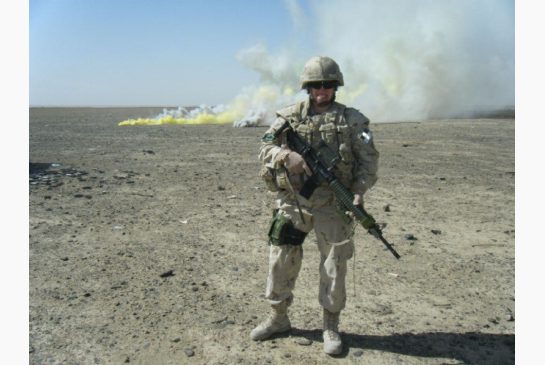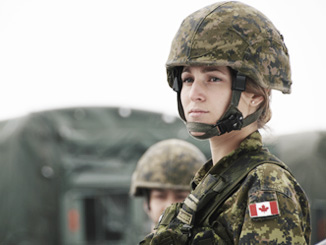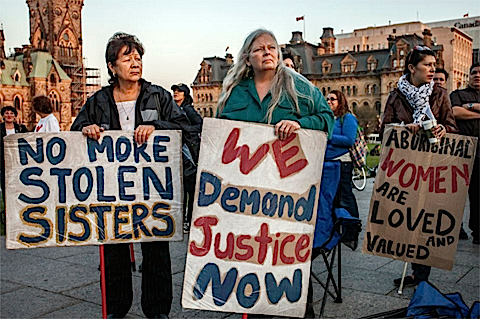In 2013, former U.S. Secretary of Defense Leon Panetta removed the ban on women serving in active combat roles within the military, a decision that in 2016 will allow them the opportunity to fight shoulder-to-shoulder with men and play a critical role within the infantry and the special forces. Such a change has been met by both support from those pushing for greater female equality within the military and heavy criticism from those claiming that an increase in female military personnel on the front lines would only serve to hinder the military rather than improve its capabilities, making the decision extremely controversial.
Allowing women to venture into more dangerous roles on the battlefield is not new however, as countries such as Canada, Australia and Denmark all allow their female citizens the opportunity to serve in such capacities alongside their male counterparts. Nonetheless, the prospect of women moving into the direct line of fire has many critics in the U.S. openly voice their concerns, advocating that such a decision is political rather than practical.
One of the overarching concerns expressed regards the physical strength of women and the fear that they are not able to meet the same standard as men. Those who share this school of thought argue that allowing women who are not as physically strong as men would weaken the overall strength of the military, adding that in the battlefield should a male soldier be critically injured it is much harder for a female soldier to carry his weight over her shoulder and into safety, as is expected by all military personnel.
Other concerns focus on the dynamics of a special forces unit and how a woman’s presence could hamper the collective ‘brotherhood’ mentality within the military. When men and women work together in close quarters for a long period of time the opportunity for sexual fraternization could ruin the cohesion of a military group. Besides sexual tension, there is also the added worry that when in a war zone a male soldier’s natural instinctwould overpower his duty on the battlefield, and make him feel obligated to make a sacrifice in order to protect or save a female soldier, even if it means putting the lives of the rest of his military comrades in danger.
While such arguments are valid reasons for concern, they can also be refuted and the case for women serving in active duty roles can be made to be just as compelling.
First, it must be acknowledged that women in the U.S. military have already been serving in active combat roles in both Afghanistan and Iraq. In modern warfare the lines can easily be blurred and it has become common for women serving in the military to inadvertently find themselves on the front lines, refuting the argument that women are too weak physically or emotionally to fight in combat zones. If the concern lies on the physical differences between a man and a women, then fitness standards required to enter into the military should be the same for both sexes. Just as there are many women who are not physically fit to take part in active military duty, there are also many men who can’t meet the expectations. If women in Canada, Australia and Denmark can meet their military’s standards, then women in the United States can meet them too.
Furthermore, no woman should be denied the opportunity to gain employment or to defend her country simply because a man does not feel comfortable working with her in such close quarters over a long period of time. Sanitary concerns, sleeping arrangements and toiletry needs should not be the overriding factor in preventing a woman from obtaining a working position. Those who point to sexual assault as being a problem with men and women mixing together have every right to be concerned. However, it is not women who need to make the sacrifice and chose another career path, but rather the military that needs to adapt and change the way its male members interact with those of the opposite sex.
Another reason why women should be allowed to serve in active combat roles is so that they can become eligibleto move up in rank within the military and fulfill positions not previously available. The U.S. military today is still very much a boys’ club with men making up most of the top employment positions. By having access to such positions, women would not only be subject to better pay, but would also be able to serve in higher decision-making roles.
Finally, critics should keep in mind that the fear of a female soldier being injured or killed on the battlefield is one which is shared by both men and women, but should not be the defining factor in preventing her from fighting. Any woman voluntarily joining the military understands the consequences attached to such a decision and if she decides to puts herself on the front lines next to her brothers in arms she has every right to defend her country, and every right to die for it too. Hannah Styffe





